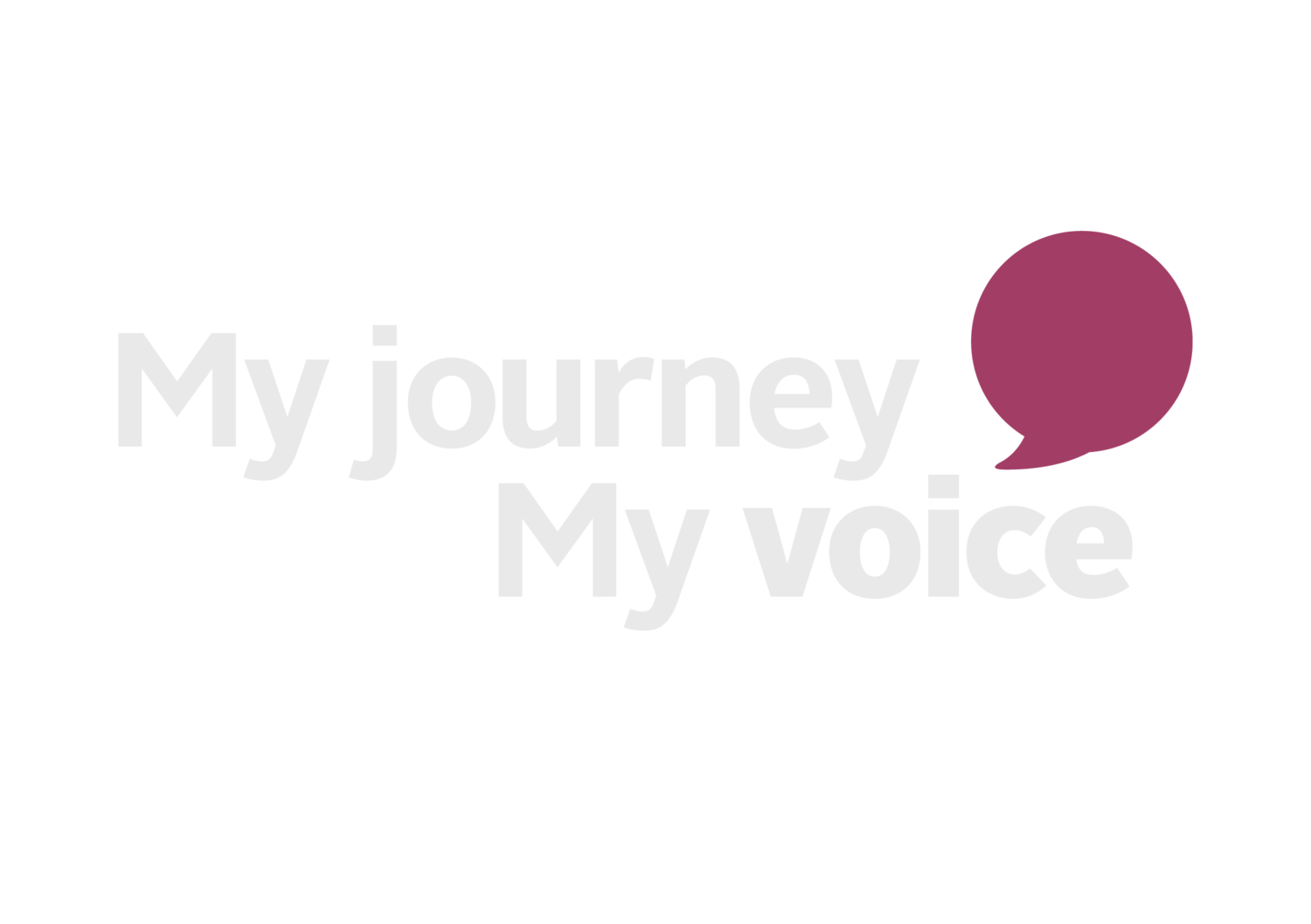As many of our My Journey My Voice participants have experienced, having your voice heard as a patient or service user is often all the more challenging if you have a communication difficulty. However we are delighted to share Angela and John's story below, featured at a recent health and social care conference. It is a great example of just how much can be achieved by involving patients with communication difficulties and providing accessible information.
Help Stop Choking is an awareness raising project by Angela Crocker, SLT, and John Toal, speech and language therapy service user.
““I have a learning disability, epilepsy, Cerebral Palsy and swallowing difficulties.
I choked a few times and it scared me. I worked with Speech and Language
therapy to make changes to help reduce my risk of choking.
I haven’t choked since, I think my experience with Angela saved my life.
I want to share my story to help other people reduce their risk of choking.””
The Northern Ireland Confederation for health and social care, NICON, recently held their annual conference in Le Mon Hotel which was attended by the Minister for Health. One of the themes at the conference was the importance of personal and public involvement in health and social care. We are delighted that Angela and John were invited to give a talk about their innovative, award-winning project on choking awareness. You can see their presentation slides here and view the You Tube video below for more information.





